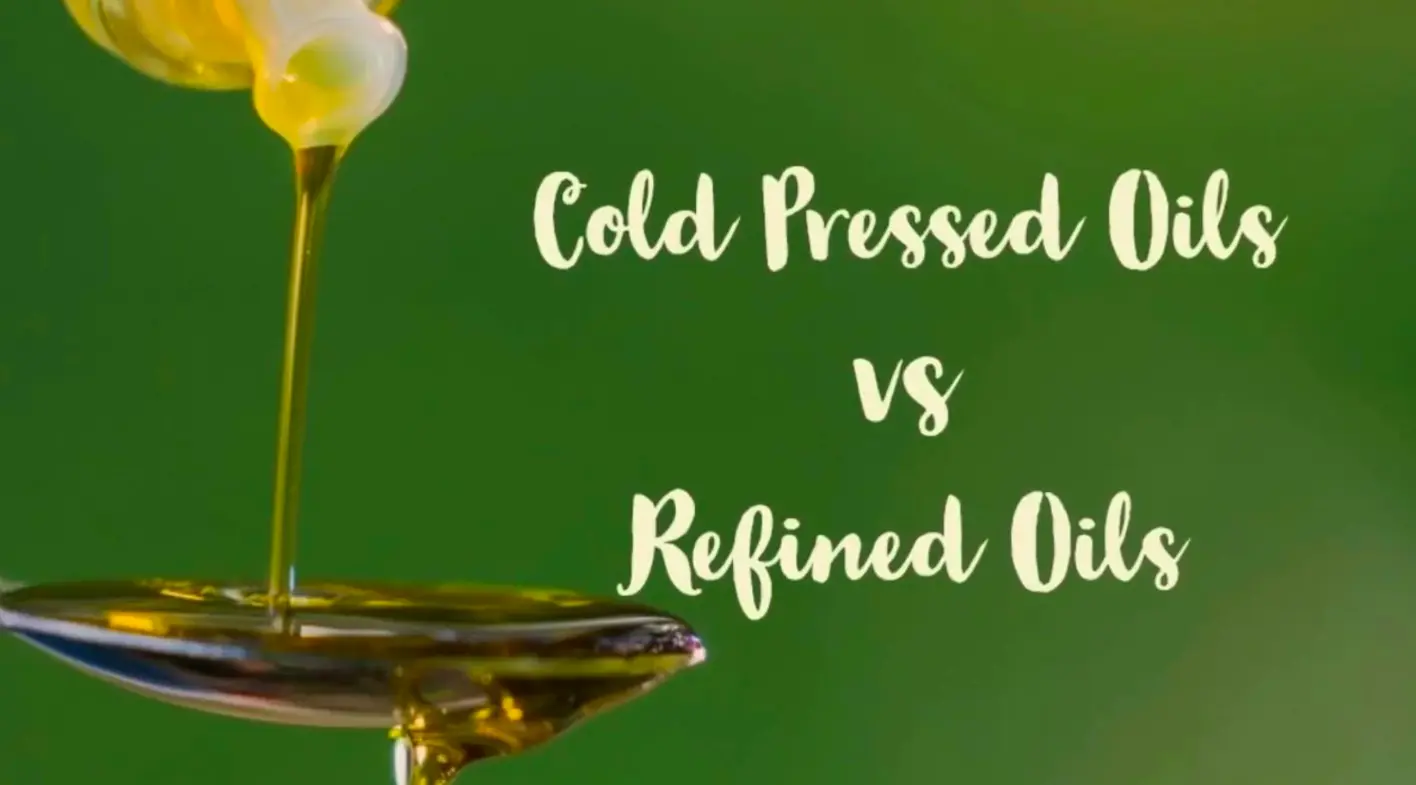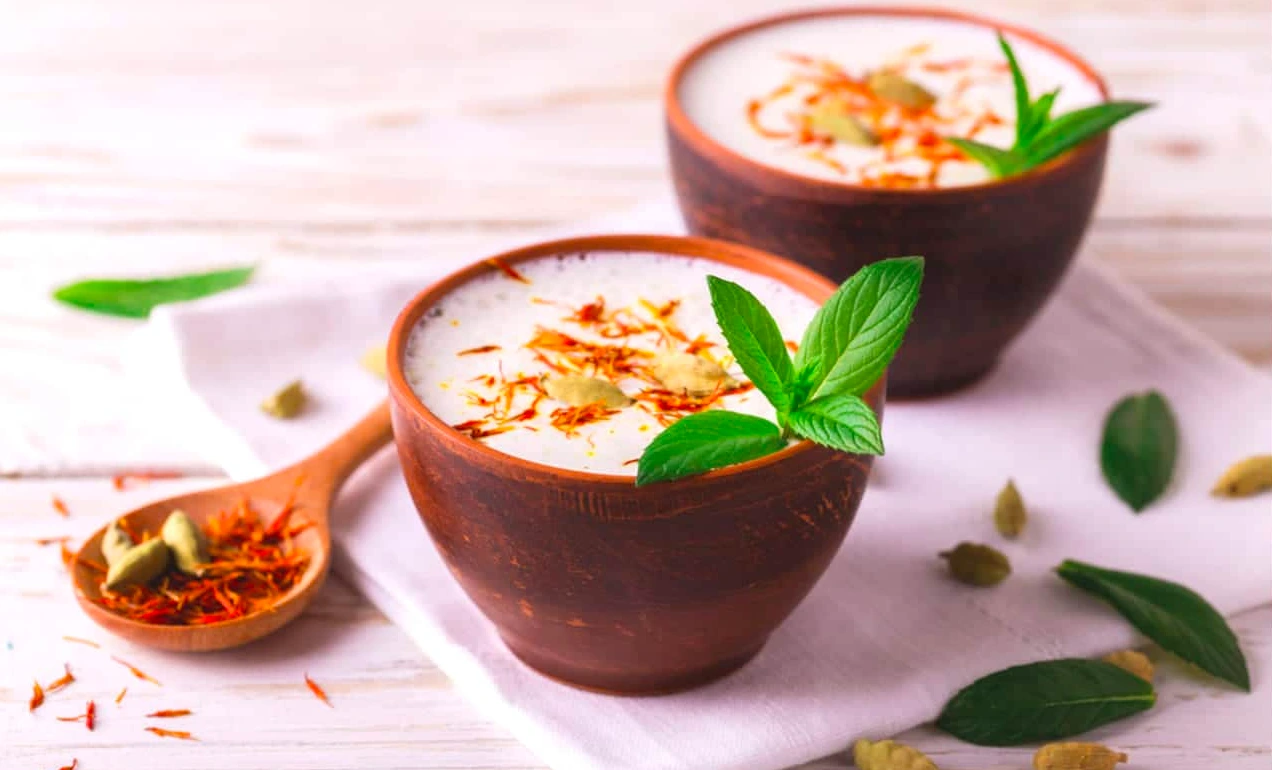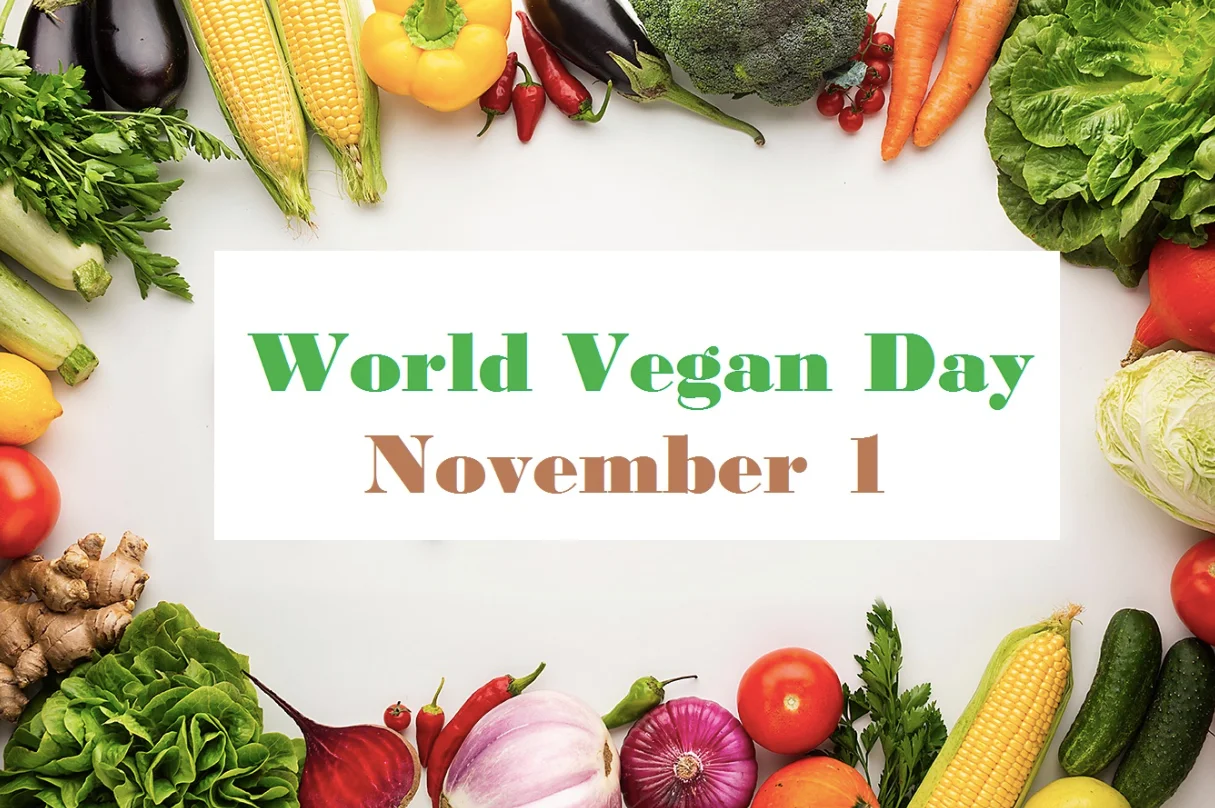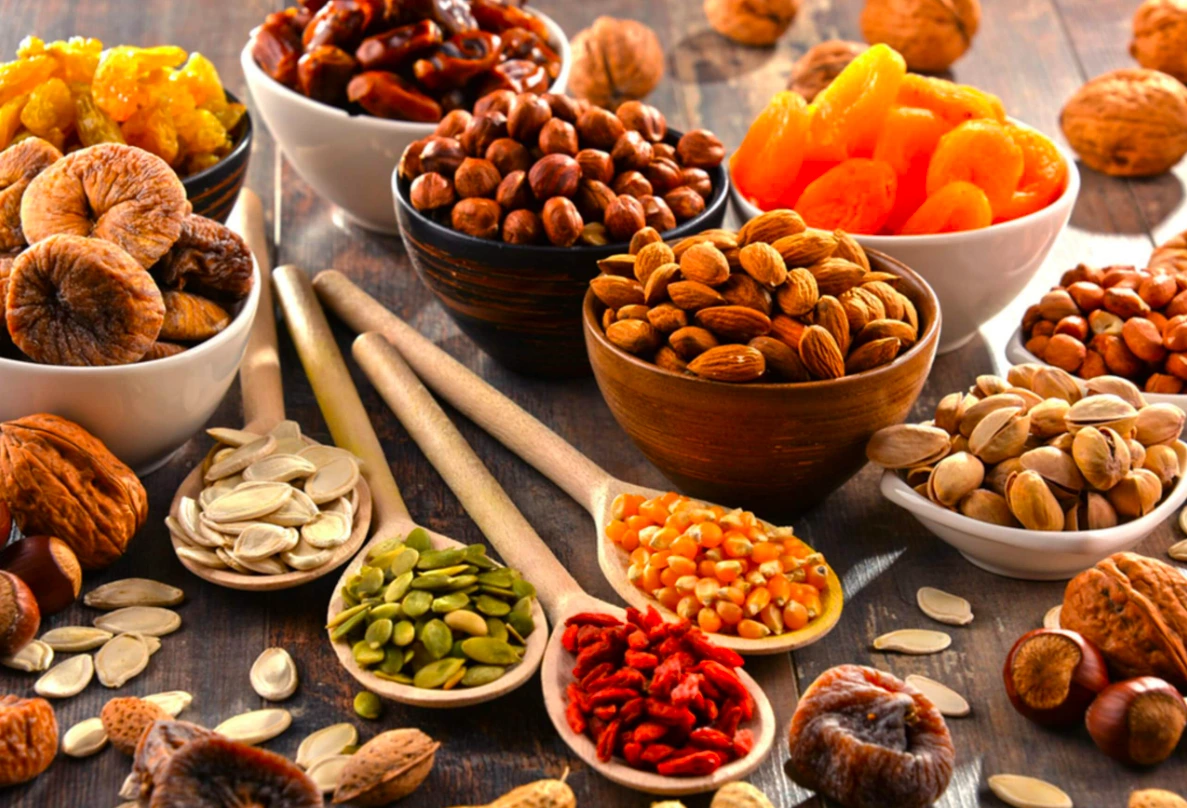When choosing a cooking oil, people have a variety of options, including refined and cold pressed oil. Although refined oil may be the most popular type, cold-pressed oils are now widely used by people all over the world due to their extensive list of health advantages.
Many people today struggle with lifestyle diseases brought on by unhealthful eating practises. Given that oil is a fundamental component of all foods, we must give careful consideration when selecting a healthy edible oil for our meals. Nowadays, picking a good type of oil is crucial because there are many different kinds of oils on the market, and they all might not be good for you.
Undoubtedly, cold-pressed oils are better for you than refined oils. After being subjected to high heat and chemicals, refined oil loses the majority of its nutritional capacity.
What is cold pressed oil?
Oils obtained by pressing fruit or seeds with a contemporary steel press are referred to as “cold-pressed oils.” To extract oil from cold-pressed oils, the oils are slowly crushed. The process produces little heat, which aids in keeping the flavours and nutrients intact.
Indians have long used terms like “Chekku,” “Ghani,” and “Kolhu” oil to refer to cold-pressed oil. In the past, oilseeds were extracted of their oil using a long cylindrical device called a “Ghani.”
How are these Oils made?
- Refined Oil: Also known as hot-pressed oil. The seeds are thoroughly cleaned and washed before being ground at a very high speed in machinery that generates a significant amount of heat, close to 200°C. At different stages of the preparation of this oil, various types of chemicals are also added. These substances help the oil have a pleasing texture and colour and extend its shelf life so that it can be kept for a long time.
- Cold pressed Oil: Refined oils are made in a way that is completely different from how cold-pressed oils are made. The seeds are first thoroughly cleaned and dried, and then they are crushed and pressed to release the oil. Process heat is not used at any point during the entire manufacturing process. As there is no heating involved in the preparation of cold-pressed oil, it takes significantly more work than refined oil to get the same amount of oil.
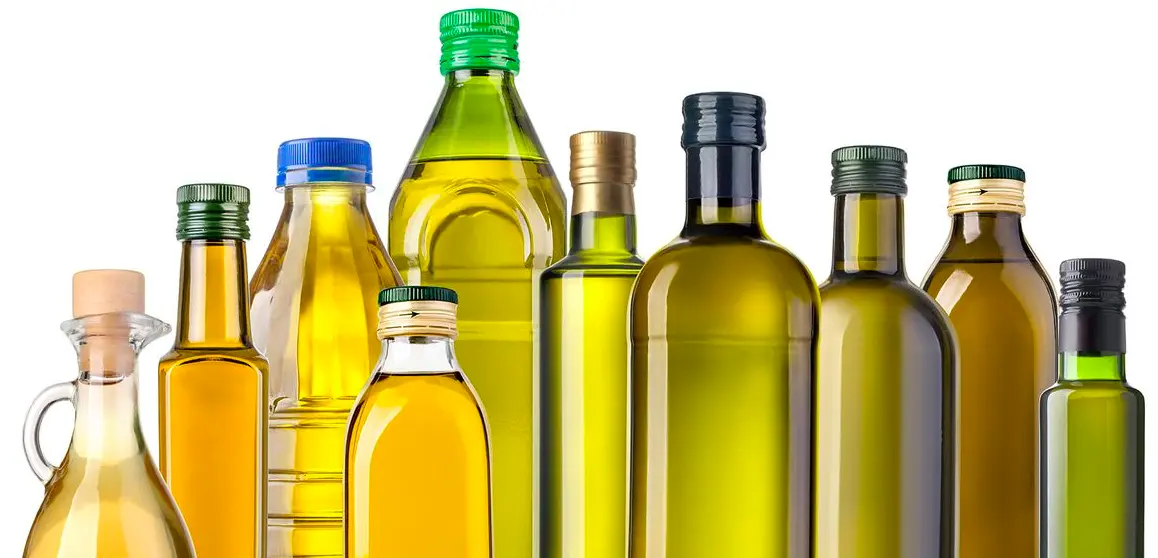
Cold pressed oil Vs refined oil
| Refined oils | Cold pressed oils |
| Oils are refined using high heat and chemical solvents, which can harm the oil’s bioactive compounds. This method might seem alluring and provide a better yield in terms of quantity. The priceless nutrients, antioxidants, vitamins, and minerals can be destroyed by an external heat of almost 200°C. | Oil from the seeds is naturally extracted using the cold-press method. The only processing involved in the method is pressing the seed. The natural flavours, textures, and nutrients are still present. Although it takes more time and produces less oil, it is the safest and healthiest oil. |
Benefits of cold pressed oil
- Chemical free – Cold-pressed oil is only produced by crushing the seed, not by heating it or using any chemical solvents to make it look appealing like refined oils do. So it keeps the natural nutrients in the oil.
- Antioxidants abundance – Antioxidants are present and help lessen cell deterioration in the body. It also has healing and anti-inflammatory properties.
- Good for heart health – Omega 3 and Omega 6 fatty acids are found in cold press oils, which aid in the reduction of bad cholesterol.
- High in nutrition – Because they have a high nutritional value and are a good source of zinc and the vitamins A, C, E, and D, cold-pressed oils are the best for cooking.
Few Examples Of Cold Pressed Oil
1. Sesame Oil
Sesamol, which is present in it, aids in the absorption of vitamin E. Sesamol’s natural properties include being a powerful anti-fungal and antioxidant. The oil has a strong flavour and is high in vitamins B12 and B6. You can use it to cook food, but only in small amounts.
2. Coconut Oil
Cocositol is retained in cold-pressed coconut oil. Coconuts contain large amounts of cocositol, a naturally occurring plant alcohol. Cold-pressed coconut oil boosts levels of the body’s healthy HDL cholesterol and is ideal for baking and medium-heat cooking.
3. Flaxseed Oil
The omega 3 fatty acids in flaxseed oil are abundant. It increases metabolic rate, making fat loss easier. Additionally, it enhances the way our liver works. The oil significantly lowers water retention in the human body and aids the body in producing energy.
4. Sunflower oil
The seeds of sunflower plants harvested organically, without the use of pesticides or chemicals, are pressed to create organic sunflower oil. The typical cooking oil used in Indian kitchens is sunflower oil.
5. Mustard oil
The characteristically strong flavour, yellowish colour, and aroma of pure organic oil are present. Indians enjoy deep-frying, stir-frying, and sautéing their food, and they have been using mustard oils for these purposes for hundreds of years. Additionally, the fats in mustard oil do not separate during heating, protecting its natural fat content.

Tip: Cold-pressed oils should never be used for deep frying. High heat can cause the unsaturated fats in cold-pressed oils to break down, making them unsafe to consume.
The Bottom Line
Our health is the most valuable asset we have. We need a healthy, chemical-free diet in order to live a long and healthy life. Since oil is the main component of our food, we must be careful when selecting it.
In addition to the health advantages listed above, cold-pressed oil has a short shelf life because no preservatives are added. Because only a small amount of oil is extracted from the highest-quality seeds, the price is higher than it is for refined oils. But giving up on your health shouldn’t even be a consideration. What say you?
Read more:
Hibiscus Hair Oil: Its Benefits And How To Make It At Home
How to make Black Coffee for Weight Loss?
अरंडी का तेल क्या है? अरंडी तेल के उपयोग और दुष्प्रभाव

